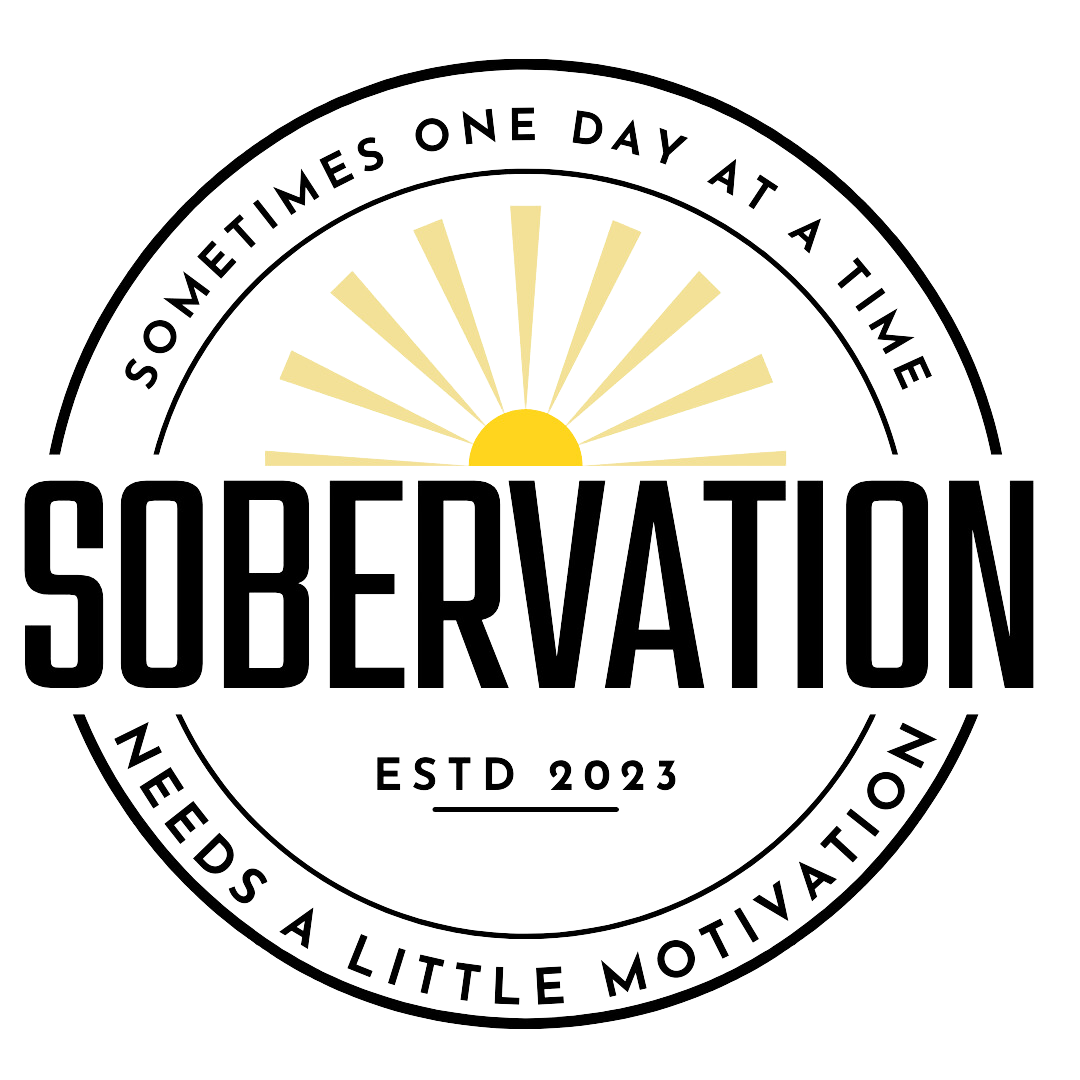When many people think about sobriety, they often focus solely on the absence of alcohol - the not drinking part. However, as hosts Eric and Rich discuss in their podcast "Life After Last Call," sobriety encompasses so much more than abstinence. It's about rediscovering yourself, taking ownership of your story, and growing into your authentic self without the fog of alcohol clouding your judgment or altering your state of being.
The process of rediscovery in sobriety can be both challenging and rewarding. When you're drinking heavily, you exist in a constant cycle of altered states - either intoxicated or hungover. This cycle prevents you from truly connecting with yourself and understanding your genuine preferences, desires, and personality traits. As Eric and Rich share in their conversation, sobriety creates space for self-discovery. For Eric, it was the surprising revelation that he enjoyed coffee, something he never appreciated during his drinking days. For Rich, it was discovering that he actually enjoyed working out rather than dreading it as he did when constantly nursing hangovers.
One of the most significant fears people face when considering sobriety is the concern that they'll lose their personality or social identity. Rich candidly addresses this, noting that he worried he would have "no personality" without alcohol. What he discovered instead was that his fundamental traits remained - he was still a smartass - but without the negative edge that alcohol brought out. This is a common experience in recovery: the core of who you are doesn't disappear; rather, it emerges more clearly, often with less negativity and more authenticity.
Taking ownership of your choices becomes a powerful aspect of the sober journey. Both hosts discuss how sobriety taught them accountability - the inability to blame alcohol for poor decisions or bad behavior means taking full responsibility for your actions. This ownership, while sometimes daunting, is ultimately empowering. As they mention, "ownership is power." It allows you to steer your own ship and make conscious choices about how you want to live and who you want to be, rather than letting alcohol dictate your behavior and circumstances.
Sober vacations and leisure time represent another area of growth in recovery. The hosts reflect on past vacations centered entirely around drinking - planning activities solely based on proximity to bars or liquor stores, wasting beautiful days nursing hangovers in hotel rooms instead of enjoying experiences. Sobriety opens up new possibilities for enjoying life's pleasures without alcohol as the centerpiece. Activities like hiking, playing tennis, and simply being present to enjoy surroundings become more fulfilling when not viewed through the lens of "where can I drink while doing this?"
The blog post would be incomplete without addressing the challenges of early sobriety. As Eric mentions, the beginning of the journey is often "just about survival" - getting through one day, sometimes one hour at a time without drinking. The cravings and habits formed over years don't disappear overnight. However, with persistence, these challenges become more manageable. Learning to say "no" with conviction when something doesn't serve your well-being becomes easier with practice and represents a significant milestone in recovery.
Perhaps the most profound insight shared in their conversation is that sobriety isn't about what you walk away from, but what you walk into. While the focus early in recovery might be on what you're giving up, the true gift of sobriety is what you gain - clarity, authentic connections, self-knowledge, and the ability to fully experience life on its own terms. As they conclude, "you don't have to be perfect to be proud to be sober." The journey isn't about achieving perfection but about growing into ownership of your authentic self and story.










